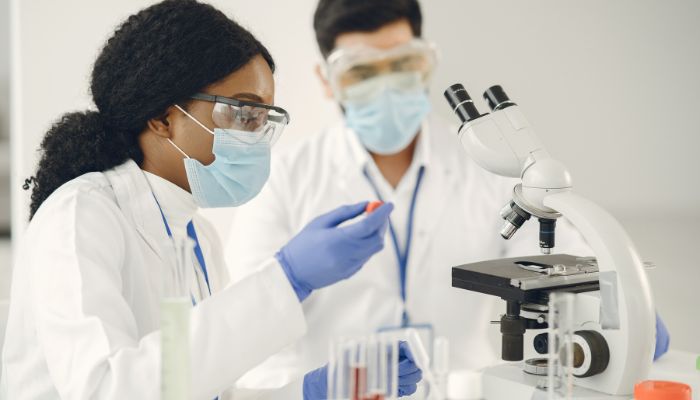Web Desk
ISLAMABAD: A team of researchers from the University of Texas has developed a system that converts carbon dioxide into bioplastics with the help of bacteria.
Bioplastics are plastics made from organic plant materials such as corn and sugar cane (many types of which are biodegradable) instead of fossil fuels such as oil and gas. Modern plastics made from petroleum are extremely harmful to the environment and difficult to decompose.
The research addresses two challenges: the accumulation of nondegradable plastics and the remediation of greenhouse gas emissions.
How does the system produce bioplastics?
The system converts carbon dioxide into ethanol and other two-carbon molecules. Then bacteria consume ethanol and carbon molecules and produce bioplastics.
According to the study’s author Susie Dai, an associate professor of plant pathology and microbiology at the University of Texas, the main advantage of the system developed by scientists is a higher reaction rate and energy efficiency compared to photosynthesis.
It can also use the carbon dioxide emitted by production, reducing the greenhouse effect. In addition, the technology can be scaled to industrial scales due to the ability of bacteria to conform to different conditions.


























